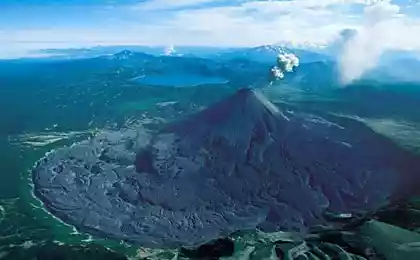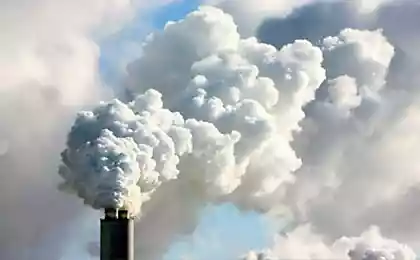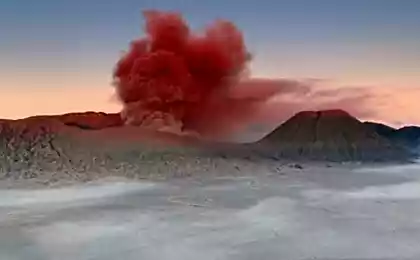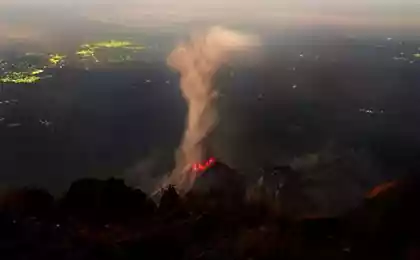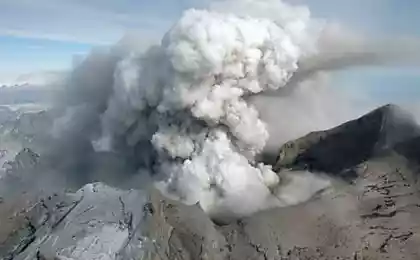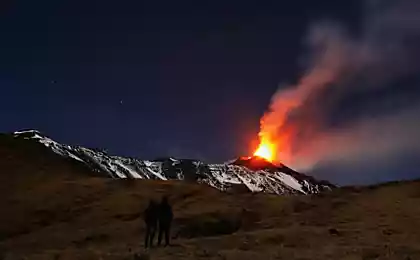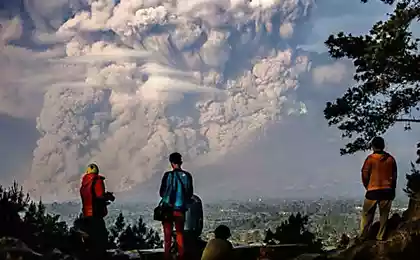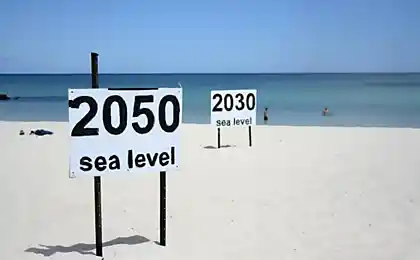546
Global warming triggers volcanic activity
It is known that volcanic activity can affect climate. Volcanic ash in the atmosphere shields the Earth from solar radiation, the result is cold. Latest studies show that the volcanic activity is a reaction of the planet on climate change. To such conclusion came researchers from ocean Center Helmholtz in Kiel, together with colleagues from Harvard University.
In 1991 the eruption of mount Pinatubo was a disaster for Filipinos. The effects of the cataclysm was felt even in Europe. The volcano spewed into the atmosphere tons of ashes and other particles that have reduced the amount of sunlight normally reaching the planet's surface. For several years after the eruption, global temperatures dropped by half a degree.
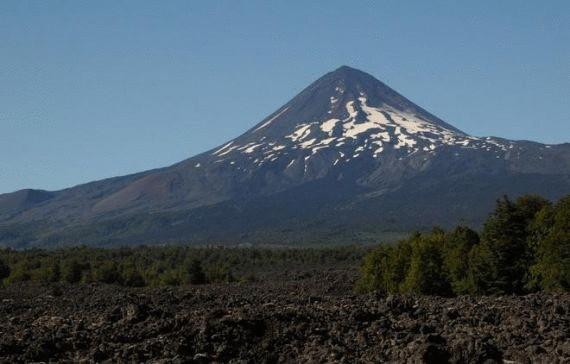
This is an example of how the eruption of volcanoes has a strong short-term influence on climate. But on the other hand, the global climate affects volcanic activity. Compelling evidence of this was discovered during the analysis of major volcanic eruptions in the Pacific over the last 1 million years. Its work of German and American scientists reported in the latest issue of the international journal "Geology".
More than ten years, the joint research centre of the Volatile liquid in the areas of subduktsii" (Fluids and Volatiles in Subduction Zones) studied the volcanoes of Central America. It tells a project member and lead author of an article in "Geology" volcanologist Stephen Cotterell (Steffen Kutterolf) scientists have discovered that in the history there were periods when explosive eruptions were much more common. "Among the testimonies we have information about the layers of ash in the marine soil and the reconstruction of the history of volcanic eruptions".
By comparing the data with a climate model, scientists have discovered an amazing coincidence. Periods of high volcanic activity followed shortly after the global temperature increases and associated rapid ice melting. The effect of regularity was checked in other areas across the Pacific region. It turned out that a similar pattern is observed not only in Central America.
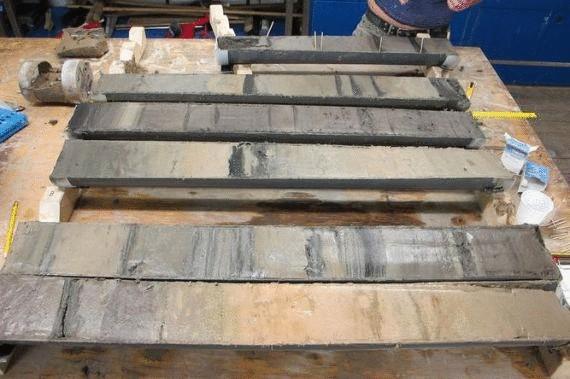
Member of research Dr. Marion Yegen (Marion Jegen) explains the mechanism of the relationship between climate and volcanic activity in the following way. "In periods of global warming the glaciers are melting on the continents relatively quickly, while the sea level rises. The weight of the continents decreases and the weight of water pressing on the oceanic tectonic plates increases. In the result, pressure changes in the Earth's interior that opens the channels for the rise of magma".
Global cooling at the end of the warm phase occurs much more slowly and is not accompanied by sharp pressure changes. According to scientists, we are now at the end of the warm period and the volcanic activity is not so significant.
However, scientists admit that from the point of view of the revealed regularities the role of the current "anthropogenic warming" is not entirely clear. Perhaps it will be clarified in the further study of short-term historical periods.
Source: /users/104
In 1991 the eruption of mount Pinatubo was a disaster for Filipinos. The effects of the cataclysm was felt even in Europe. The volcano spewed into the atmosphere tons of ashes and other particles that have reduced the amount of sunlight normally reaching the planet's surface. For several years after the eruption, global temperatures dropped by half a degree.

This is an example of how the eruption of volcanoes has a strong short-term influence on climate. But on the other hand, the global climate affects volcanic activity. Compelling evidence of this was discovered during the analysis of major volcanic eruptions in the Pacific over the last 1 million years. Its work of German and American scientists reported in the latest issue of the international journal "Geology".
More than ten years, the joint research centre of the Volatile liquid in the areas of subduktsii" (Fluids and Volatiles in Subduction Zones) studied the volcanoes of Central America. It tells a project member and lead author of an article in "Geology" volcanologist Stephen Cotterell (Steffen Kutterolf) scientists have discovered that in the history there were periods when explosive eruptions were much more common. "Among the testimonies we have information about the layers of ash in the marine soil and the reconstruction of the history of volcanic eruptions".
By comparing the data with a climate model, scientists have discovered an amazing coincidence. Periods of high volcanic activity followed shortly after the global temperature increases and associated rapid ice melting. The effect of regularity was checked in other areas across the Pacific region. It turned out that a similar pattern is observed not only in Central America.

Member of research Dr. Marion Yegen (Marion Jegen) explains the mechanism of the relationship between climate and volcanic activity in the following way. "In periods of global warming the glaciers are melting on the continents relatively quickly, while the sea level rises. The weight of the continents decreases and the weight of water pressing on the oceanic tectonic plates increases. In the result, pressure changes in the Earth's interior that opens the channels for the rise of magma".
Global cooling at the end of the warm phase occurs much more slowly and is not accompanied by sharp pressure changes. According to scientists, we are now at the end of the warm period and the volcanic activity is not so significant.
However, scientists admit that from the point of view of the revealed regularities the role of the current "anthropogenic warming" is not entirely clear. Perhaps it will be clarified in the further study of short-term historical periods.
Source: /users/104





